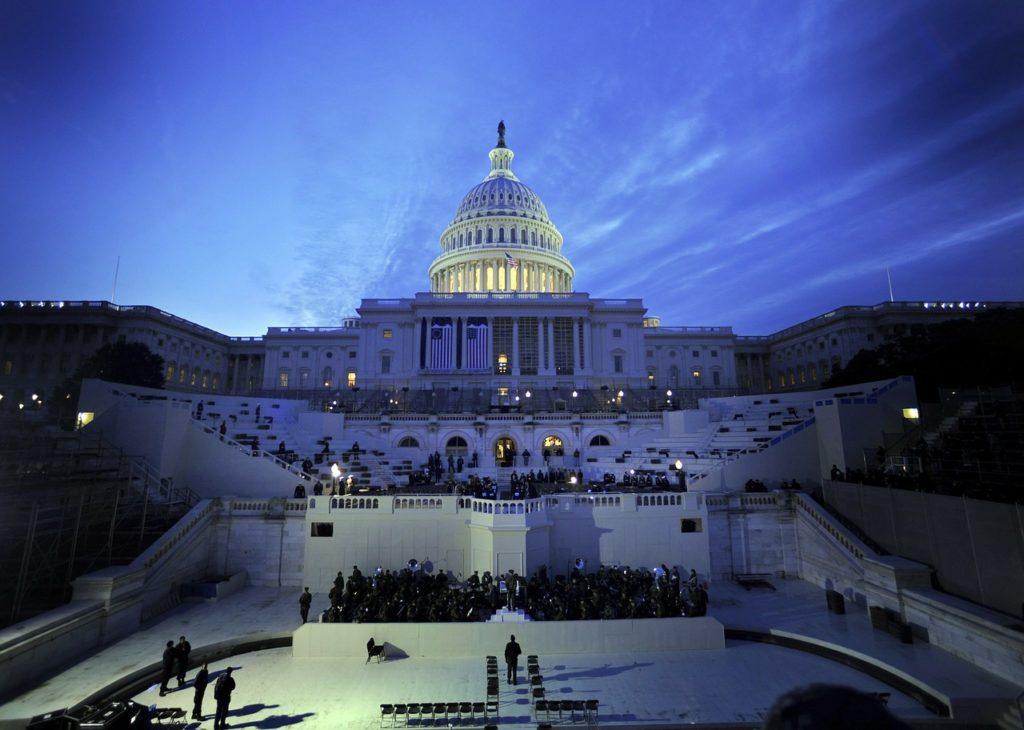Federal lawmakers have been sparring this week over a potential fourth legislative package to bolster the economy and the health care system amid the novel coronavirus outbreak. Many in the hospice space have their fingers crossed that a bill will come together and bring further financial and regulatory relief.
The White House and congressional leaders from both sides of the aisle in the House and Senate have publicly commented on the prospect of a fourth bill, but lawmakers seem to be far from settling on the content of such legislation due to partisan wrangling. Any bill at this point would be unlikely to pass quickly, with some lawmakers from both chambers of Congress suggesting a wait-and-see approach to gauge the impact of the most recent $2.2 trillion stimulus. Both chambers are currently in recess until April 20.
“The acceleration of the coronavirus demands that we double down on the downpayment we made in CARES by passing a CARES 2 package. We must extend and expand this bipartisan legislation to meet the needs of the American people,” Speaker of the House Nancy Pelosi (D-Calif.) said in a statement. “We must also provide the desperately needed resources for our hospitals, community health centers, health systems and health workers on the frontlines of this crisis. We cannot succeed in defeating this virus unless we more strongly support state and local governments with significantly more resources.”
Hospices continue to have a substantial list of needs as the COVID-19 crisis pushes them, their staff, and their supply stores to their limits. These include additional supplies, particularly personal protective equipment (PPE), additional funds through grants and payment increases, increased support for advance care planning services and action to build the hospice and palliative care workforce. This according to a letter sent to congressional leaders by a coalition of hospice, palliative care and senior services organizations.
PPE is one of the chief concerns, as most resources from the federal government have been going to hospitals, who are also struggling, overwhelmed and short on supplies. Some state and local agencies have been turning hospice providers away when they request supplies. The hospice groups asked that the Federal Emergency Management Agency grant hospice priority status in terms of PPE distribution.
“Hospice and palliative care providers are having trouble accessing [PPE] due to the worldwide shortage related to decreases in exports from select countries and increases in demand. This is an enhanced issue for our provider community because so much of our care is provided in a patient’s home, and most equipment cannot be reused when the caregiving staff care go to another home to provide services,” the organizations said in the letter. “As providers who are working on the front lines of the pandemic, we strongly support provisions to help ensure continued access to personal protective equipment (PPE), including the provision to designate PPE as a covered countermeasure.”
Signatories on the letter included the National Hospice and Palliative Care Organization (NHPCO), the National Association for Home Care and Hospice (NAHC), National Partnership for Hospice Innovation (NPHI), the Visiting Nurse Associations of America/ElevatingHOME, and LeadingAge.
The groups also called for action on two pieces of pending legislation, the Rural Access to Hospice Act and the Palliative Care and Hospice Education and Training Act (PCHETA), which are designed to increase rural patients’ access to hospice and provide funds to foster training for hospice and palliative care clinicians.
Staffing is a huge concern even in the best of times and has only been exacerbated by the pandemic.
Hospice News in collaboration with Dallas-based tech company Homecare Homebase surveyed more than 300 industry professionals, including owners, executive leaders, managers and staff about the movement they expect to see in the hospice space during 2020. More than 26% of respondents indicated that staffing would be the greatest challenge hospice providers would face during 2020, compared to 18% who cited increased competition and another 18% who said new payment models were their biggest concern.
“This crisis has underscored the workforce shortages in rural areas and passing this bill would help to alleviate these pressures now and into the future,” the coalition wrote. “PCHETA would support the training of more palliative care professionals, the need for which has been underscored during the crisis. We recommend that the Congress move forward with both pieces of legislation.”



